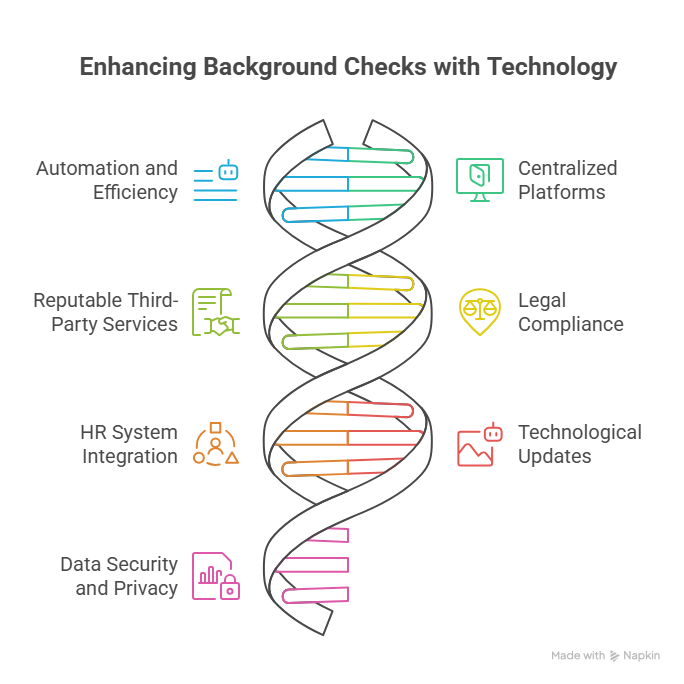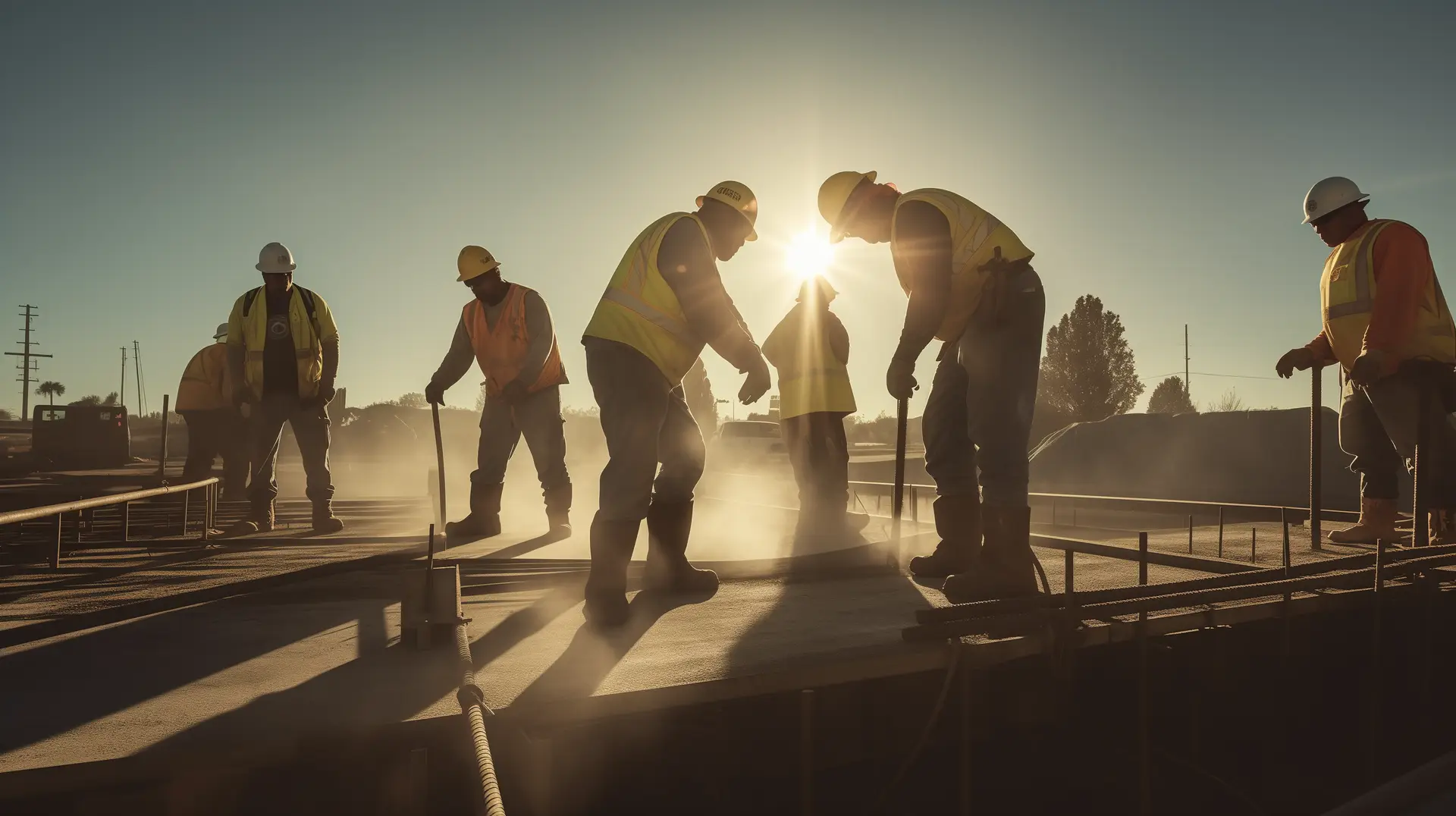Incorporating technology and third-party services into the process of conducting criminal background checks has become increasingly common in modern HR practices. These tools can streamline the process, ensuring efficiency and compliance.
EXPERT INSIGHT: The incorporation of outside services and technological advances into the area of background investigation has dramatically changed our method of operation, yet the core focus remains the individual. My own observation reveals that the proper tool not only expedites the process, enhances compliance, yet fosters a greater amount of consistency and procedural fairness. Even while the system gets better, we have to keep the people themselves in mind. Technology must aid, rather than usurp, the judgment, comprehension, and compassion required for wise human resource decisions. When properly used, the devices simplify the process of hiring and make it fairer. - Charm Paz, CHRP
Utilizing Technology in Background Checks
- Technology can automate and speed up the background check process, reducing manual errors and saving time.
- Digital platforms can offer a centralized location for consent forms, results, and record-keeping, enhancing organization and security.
Choosing Third-Party Background Check Services
- Selecting a reputable third-party service is crucial. Look for providers with a proven track record of accuracy and compliance.
- Ensure the service is compliant with all relevant laws, including the FCRA, and is capable of conducting checks at the necessary scope and depth.
Integrating Third-Party Services with HR Systems
- Many third-party background check services offer integration with existing HR systems, allowing for a more seamless process.
- Integration can facilitate better data management and workflow, ensuring that background checks are a cohesive part of the recruitment process.
Keeping Up with Technological Advances
- Stay informed about new technological developments in background screening to continually enhance the process.
- Evaluate new tools and platforms periodically to see if they offer better solutions than current practices.
Data Security and Privacy
- Ensure that any technology or third-party service used adheres to strict data security and privacy standards to protect candidate information.
- Regularly review and update security protocols to guard against data breaches and unauthorized access.

Frequently Asked Questions
How do I evaluate and choose a third-party background check service?
When choosing a third-party service, consider their compliance with relevant laws (like the FCRA), their reputation in the market, the range of services they offer, and their turnaround time. It's also important to review their data security measures and customer support. Seeking references or reviews from other HR professionals can be helpful.
Are there specific features to look for in a background check technology platform?
Look for features like ease of use, integration capabilities with your existing HR systems, comprehensive reporting, and automated consent and notification processes. The platform should also offer customization options to cater to your specific needs and ensure compliance with legal requirements.
How can I ensure data security when using third-party services?
Ensure that the third-party service provider has robust data security measures in place, including encryption for data transmission and storage. Regularly review their security certifications and compliance with data protection regulations. It’s also advisable to have a data processing agreement that outlines the security obligations of the provider.
What are the common pitfalls to avoid when using technology for background checks?
Common pitfalls include over-reliance on automated processes without human oversight, neglecting to ensure full compliance with legal standards, and overlooking the importance of data security. Another pitfall is failing to regularly update and review the system to keep up with changes in laws and technology.
Can technology fully replace manual background check processes?
While technology can streamline background checks, human oversight is necessary for accuracy and nuanced decisions in complex cases.
Conclusion
Finally, the background check deals with people, not systems, software, or platforms. Though technology and third-party providers can improve the process's speed, quality, and controllability, these are tools that help us, not replace our judgment as human resource professionals. We are the ones responsible for ensuring the process is performed such that it is fair, secure, and respectful to all concerned. By judicious use of these tools, we not only build a compliant hiring process, we build one that reflects our core values of trust, integrity, and care. And that, indeed, remains the real intent behind all such background checks, which require careful implementation.

GCheck Editorial Team
Meet the GCheck Editorial Team, your trusted source for insightful and up-to-date information in the world of employment background checks. Committed to delivering the latest trends, best practices, and industry insights, our team is dedicated to keeping you informed.
With a passion for ensuring accuracy, compliance, and efficiency in background screening, we are your go-to experts in the field. Stay tuned for our comprehensive articles, guides, and analysis, designed to empower businesses and individuals with the knowledge they need to make informed decisions.
At GCheck, we're here to guide you through the complexities of background checks, every step of the way.






